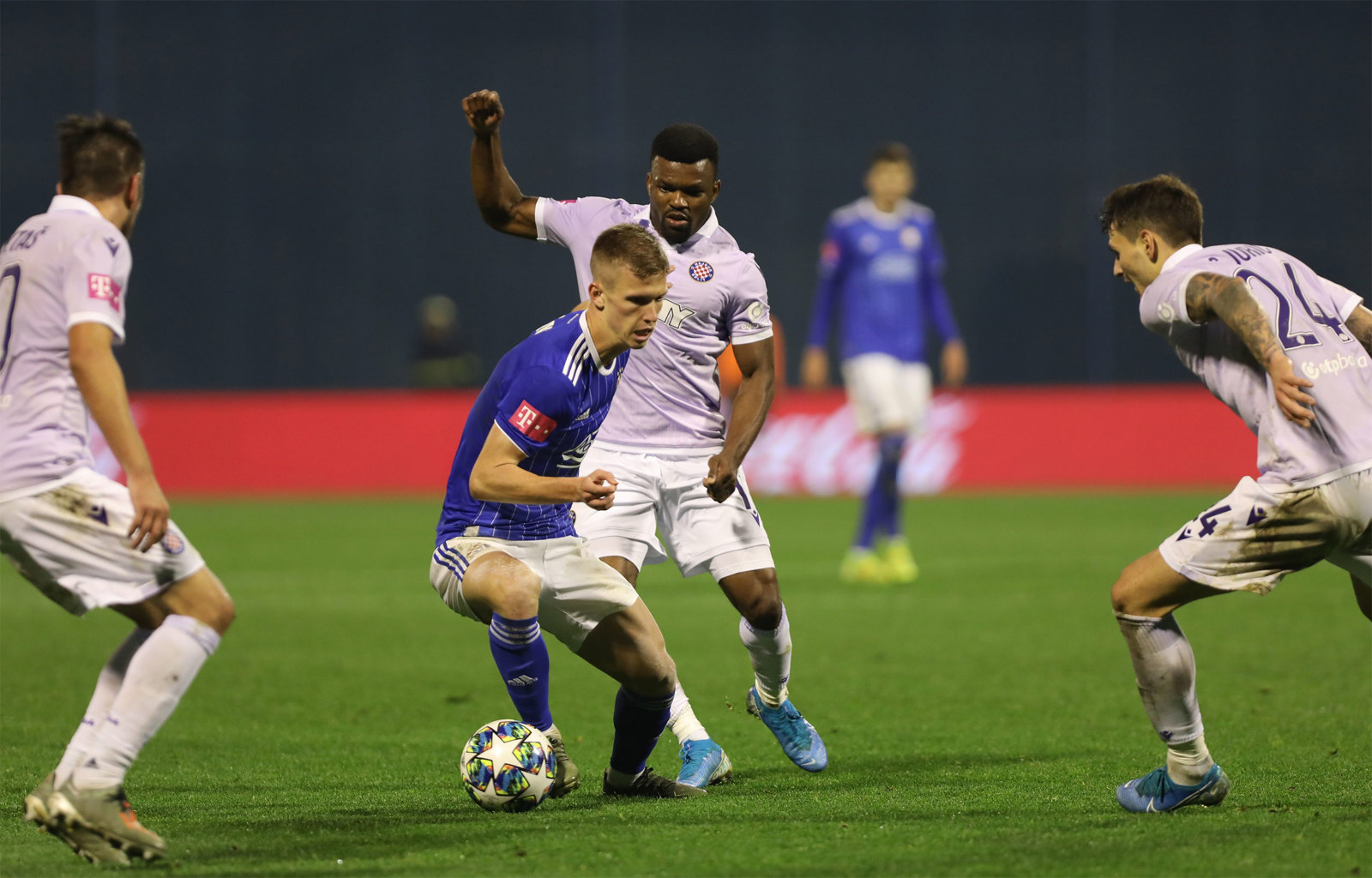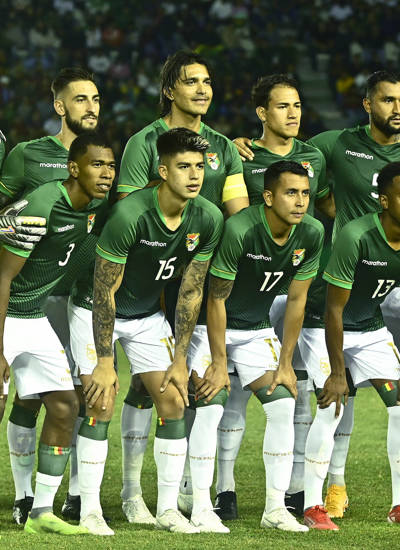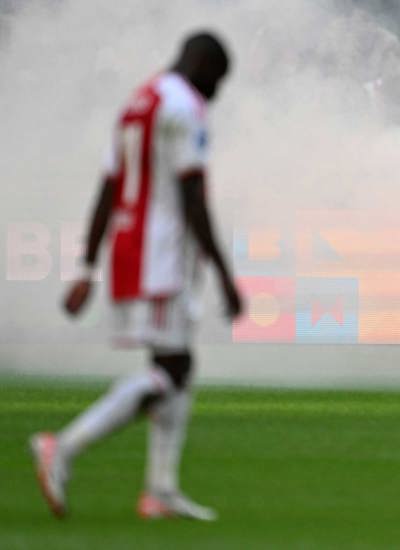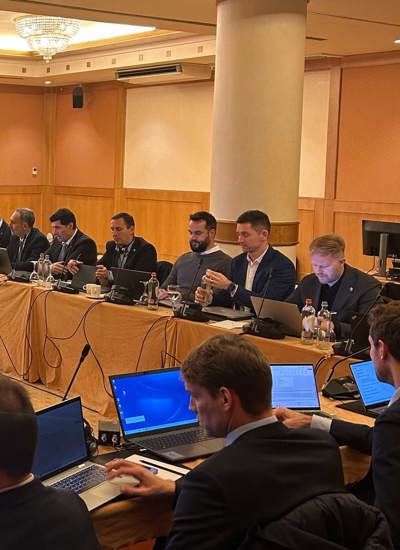
The previous arrangement was good for the clubs, who wanted to avoid paying social security taxes. But it was bad for the players, who had none of the normal legal protections that normal employment contracts provide.
Moreover, as the 2016 FIFPRO Global Employment Report revealed, players with self-employed contractor status are much more likely to be paid late or not at all. This causes financial problems for players as they have to continue paying all their taxes, healthcare and pension contributions. Unpaid players had their bank accounts frozen over non-payment of taxes. And, of course, it is difficult for self-employed players to negotiate a collective employment agreement with teammates.
PUSHING FOR CHANGE
In 2012, football’s European stakeholders (UEFA, FIFPRO, EPFL and ECA) defined the relationship between a professional footballer and his club as an employment agreement.
A number of leagues and federations did not agree and invoked national laws and regulations to justify the self-employed status of professional players. They were helped by the lack of a clear overarching European provision that regulated employment relations.
NEW EU DIRECTIVE
This changed in 2018 with the new EU-directive 2017/0355 It includes a definition in article 2: ‘worker’ means a natural person who for a certain period of time performs services for and under the direction of another person in return for remuneration.
Consequently, clubs and leagues within the EU are no longer able to hide behind national law or the principle of subsidiarity in order to escape employment contracts. This creates a European level playing field not only for players but also for clubs that already respect the law.
Photo: Match between Croatian clubs Dinamo Zagreb and HNK Hajduk. In Croatia, many players did not have a normal employment contract. (Photo by Hollandse Hoogte)


